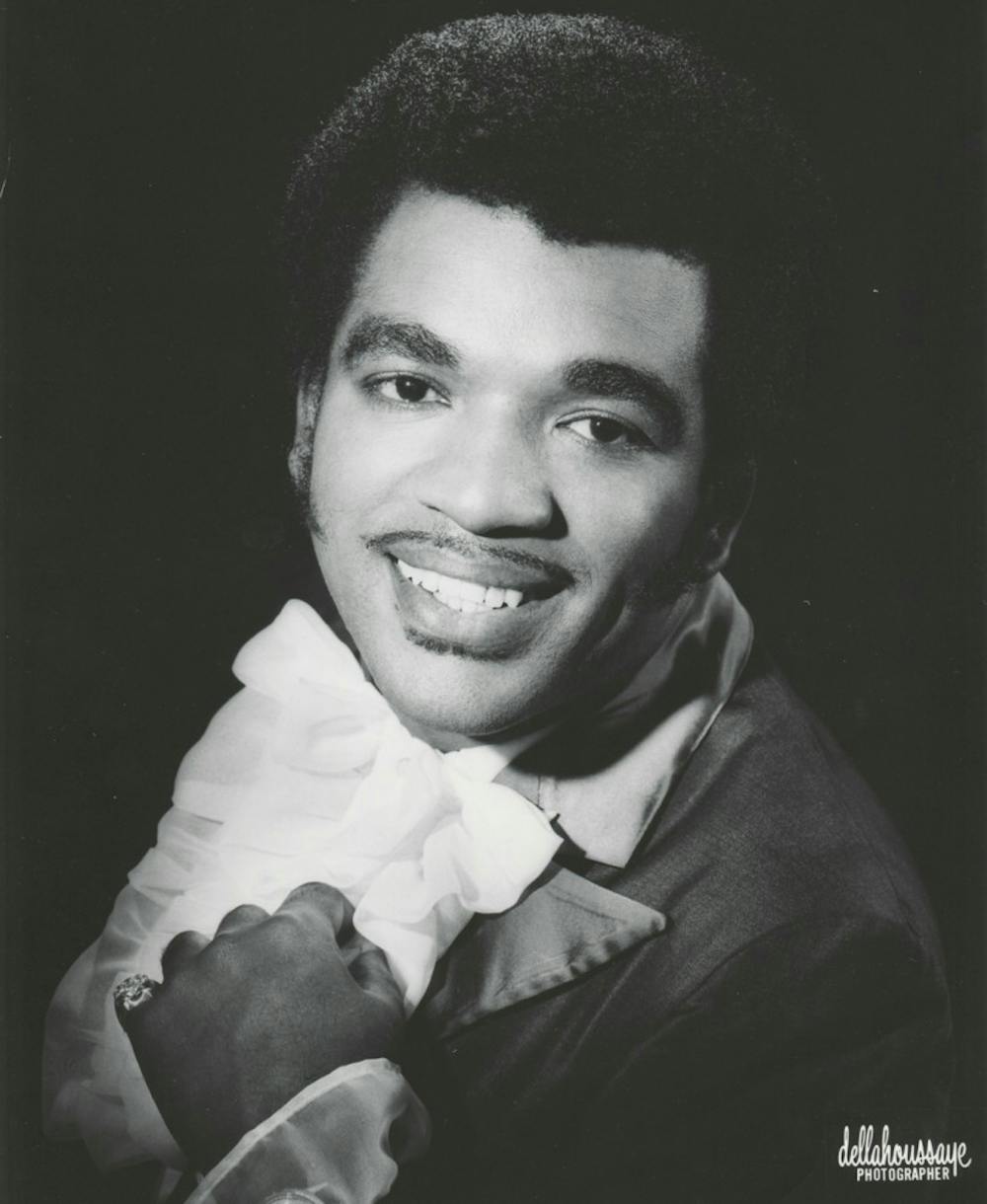Syl Johnson steers a conversation as he pleases. His answers are evasive, wavering between the literal and the metaphoric, and he’ll insert a simple “yes” or “no” where other musicians would wax poetic. Perhaps this comes with the territory of being a mythical merchant of soul, one whose legacy began to surface only recently and whose background is peppered with legend and lore.
When asked about the stars he once worked beside— Al Green, James Brown — and the fact he didn’t share their spotlight, Johnson didn’t hesitate.
“I don’t know if I got the best end, but longevity, perseverance, endurance — you know, I can stand the test of time like Coca-Cola,” he said. “Coca-Cola was a popular drink for your grandmother. People still like Coke now, so there you go.”
There you go, indeed. This weekend, Johnson and fellow Chicagoans The Notations, Renaldo Domino and backing bands The Sweet Divines and The Divine Soul Rhythm Band will transform Durham’s Carolina Theater into a ‘60s shindig. Chicago label Numero Group and Duke Performances have conspired to stage the Eccentric Soul Revue, an event whose success is measured by the amount of shaking and shimmying and whose appeal is as timeless as Coca-Cola. Check your downward stare at the door — this Saturday, you’ll be dancing.
“The concept of soul revues dates back well into the 1960s,” said Numero Group’s Ken Shipley, who helped organize the first revues in Chicago and Brooklyn. “It had already been a well-established concept for a label to take their artists out and showcase them to the world, so it was really a pretty easy decision for us to say ‘What can we do?’”
Thus, a tradition of multiple crooners rotating over a single stage was reborn for a new set of indie-loving, Pitchfork-reading fans, one whose interest in their grandparents’ music is no surprise to Johnson.
“I love the young people that love my old music. It’s like an old wine, like an old brandy,” he said.
Transporting a bevy of Chicago soul elite to the Bull City wasn’t an obvious choice, but Duke Performances Director Aaron Greenwald was the one with the dream, the ambition and the budget. For Greenwald, it’s worth it.
“We, like Carolina Performing Arts, operate in the realm of subsidized art. We are in the really fortunate position to be able to help fund that stuff, projects that might not make back their cost on ticket sales,” he said.



